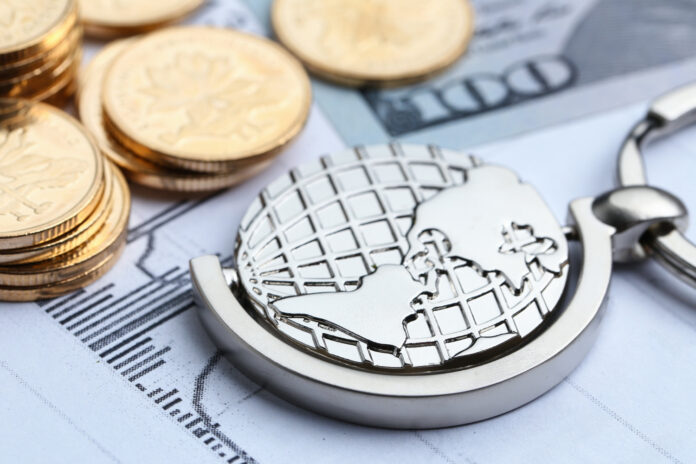Kingdom exceeds its foreign direct investment goals as manufacturing and finance sectors drive inflows under Vision 2030
Saudi Arabia recorded a remarkable surge in foreign direct investment (FDI) inflows in 2023, reaching SR96 billion ($25.6 billion), a 50% increase compared to 2022. This growth reflects the Kingdom’s ongoing efforts to diversify its economy, with the inflows surpassing the National Investment Strategy target by 16%, according to the latest report from the Ministry of Investment.
The figures exclude the SR55 billion deal in 2022 involving Aramco, where a consortium led by BlackRock Real Assets and Hassana Investment Co. acquired a 49% stake in a newly formed gas pipeline subsidiary. The ministry’s updated FDI figures, calculated under the International Monetary Fund’s sixth edition of the Balance of Payments Manual, provide a more precise reflection of cross-border investment transactions in the Kingdom.
Under Vision 2030, Saudi Arabia aims to boost FDI inflows to 5.7% of its nominal gross domestic product (GDP) by 2030, up from the current 2.4%. The ultimate goal is to attract $100 billion annually, supporting the country’s ambition to diversify its economy away from oil dependence and establish itself as a leading global investment hub.
Embed from Getty ImagesKey sectors driving FDI inflows in 2023 included manufacturing, which contributed SR34.44 billion, or 36% of the total, making it the highest-performing sector. The financial and insurance sectors followed closely, with inflows of SR14.86 billion, while the construction sector attracted SR13.38 billion, and wholesale and retail trade contributed SR12.57 billion.
In addition to its strong performance in FDI inflows, the total value of foreign investments (FDI stock) in Saudi Arabia grew significantly, reaching SR897 billion, a 13.4% increase year-on-year. Manufacturing continued to lead the way in terms of FDI stock, accounting for SR258.74 billion, or 29% of the total. Wholesale and retail trade activities accounted for SR134.8 billion, while the financial and insurance sectors contributed SR112.13 billion, or 12% of the total FDI stock.
These impressive FDI figures are the result of a series of reforms and projects introduced by the Saudi government to create a more attractive investment environment. These efforts are part of the Kingdom’s wider economic strategy to reduce its reliance on oil revenues and stimulate growth in non-oil sectors.
Among the key initiatives are the streamlining of regulatory processes, offering incentives for investors, and organising high-profile international events to showcase Saudi Arabia’s potential as a global investment hub. The government has also introduced new industrial and financial zones, reduced bureaucratic red tape, and made efforts to improve transparency to further enhance investor confidence.
The manufacturing sector, in particular, has benefitted from these reforms, as the Kingdom aims to develop advanced industries that contribute to job creation and the local economy. Major investments in manufacturing reflect the growing international confidence in Saudi Arabia’s industrial potential, as well as the global shift towards sectors like technology, renewable energy, and pharmaceuticals, where Saudi Arabia has been increasing its focus.
The National Investment Strategy is a core pillar of Vision 2030, Saudi Arabia’s ambitious plan to transform its economy and enhance its position on the global stage. This vision includes goals to build more sustainable infrastructure, diversify the industrial base, and promote innovation across various sectors. By attracting more foreign direct investment, the Kingdom is positioning itself as a leader in the region, offering international investors an opportunity to participate in one of the fastest-growing markets in the world.
As the Kingdom pushes forward with its transformation, the surge in FDI inflows provides a positive signal for future growth. With strategic projects and international partnerships already in motion, Saudi Arabia’s commitment to becoming a premier destination for global investment is well on track.
